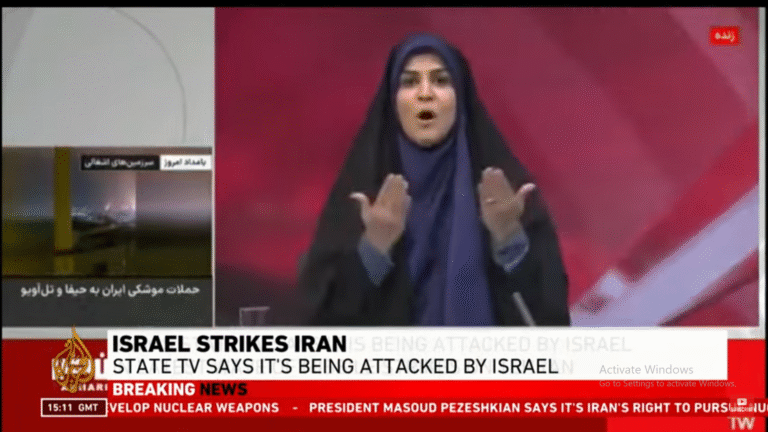
📰 Breaking News: Israel Bombs Tehran in Major Military Strike
Israel has launched a bold and wide-ranging military strike directly on Tehran, marking one of the most significant escalations in Middle East conflict history. An Israeli military spokesperson confirmed the assault, stating that it targeted critical infrastructure connected to Iran’s missile and intelligence networks.
🎯 What Triggered the Attack?
Tensions between Iran and Israel had already been rising due to suspected nuclear development and threats from Iranian-backed groups. Israeli intelligence, according to official sources, identified specific threats posed by Iranian missile systems and decided to act before those threats materialized.
“We struck before they could strike us,” said the Israeli military spokesperson. “Our goal is to eliminate strategic threats, not civilians.”
💥 Tehran in Flames: What Was Hit?
The operation included targeted airstrikes on:
- Missile production and launch sites
- Intelligence coordination centers
- Military R&D (Research and Development) facilities
Eyewitnesses across Tehran reported loud explosions, smoke columns, and widespread panic. Emergency sirens blared across the capital, and videos posted online showed buildings reduced to rubble.
This time, the attack wasn’t covert or limited—it was open, forceful, and meant to make a statement.
🌐 How the World Responded
Almost instantly, global leaders and institutions reacted:
- The United Nations called for an emergency meeting and urged both countries to exercise restraint.
- Russia and China condemned the Israeli strikes, calling them a breach of sovereignty.
- The United States expressed concern but defended Israel’s right to self-defense.
Furthermore, international markets responded sharply. Oil prices surged within hours, and global stock markets showed signs of instability, especially in the energy sector.
🔄 Possible Retaliation: Is Iran Preparing a Response?
Iran has not stayed silent. Government officials have vowed revenge, and military commanders have already held emergency consultations. There’s growing concern that Iran will strike back either:
- Directly through missile attacks, or
- Indirectly through proxy militias in Lebanon, Iraq, Syria, and Yemen.
As a result, Israel has placed Iron Dome systems on high alert, especially near major cities like Tel Aviv and Haifa.
🧭 What This Means for the Region
This strike does more than damage infrastructure. It sends a message: Israel will not tolerate strategic threats, no matter the cost. However, the risk of full-scale war now looms larger than ever.
Middle East analysts say this is not just a tactical mission—it may mark the beginning of a long, volatile conflict that could drag in multiple nations and escalate beyond control.
📌 Final Thoughts
Israel’s large-scale strike on Tehran is a defining moment in regional geopolitics. While Israeli leaders claim it was necessary, others fear it may open the door to retaliation, instability, and a dangerous new war.
The world must now watch closely and push for diplomacy—before it’s too late.




